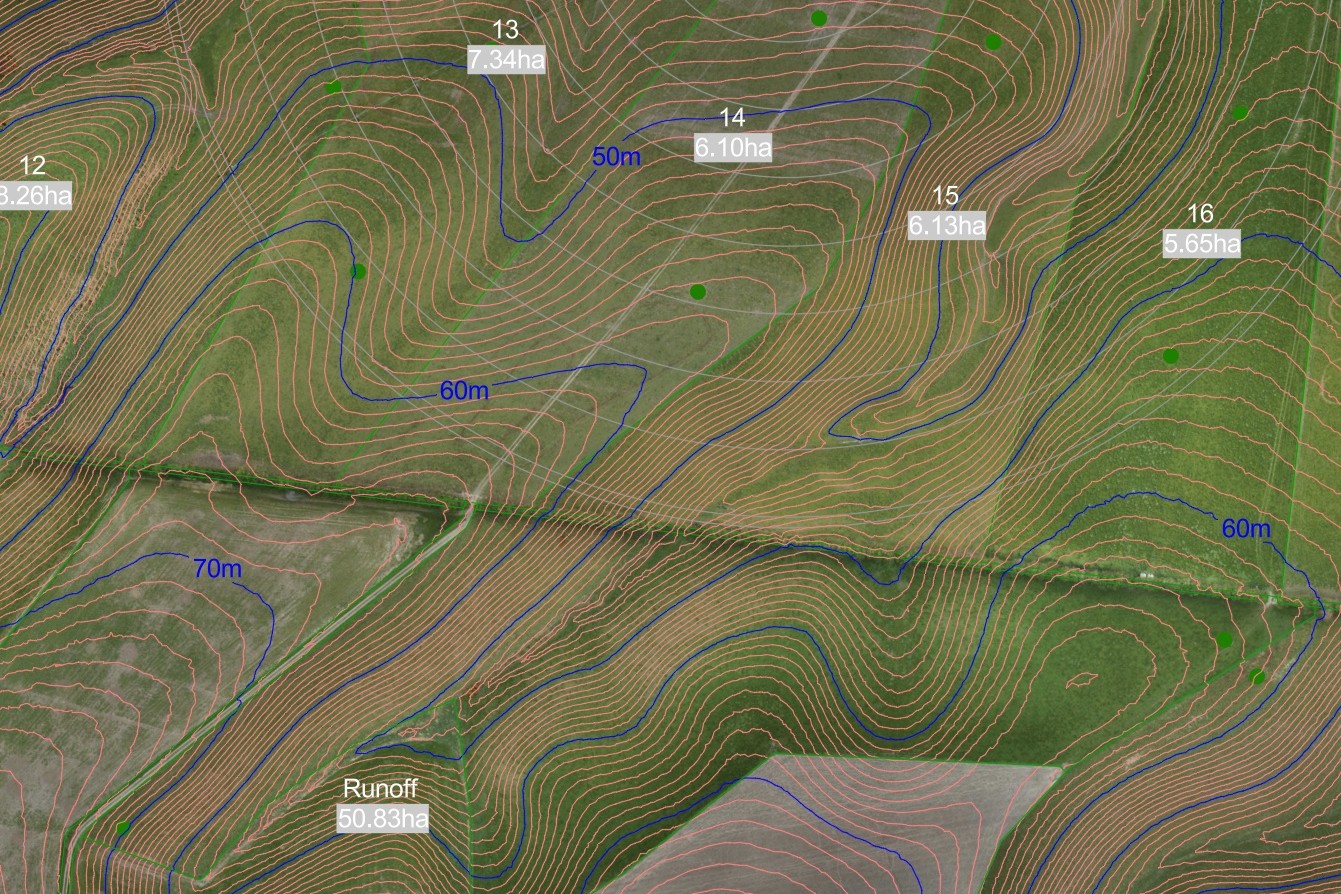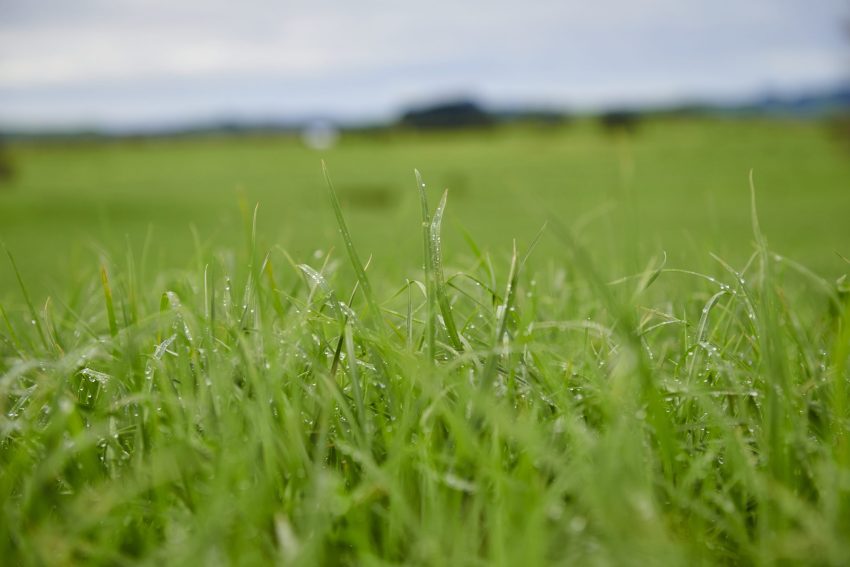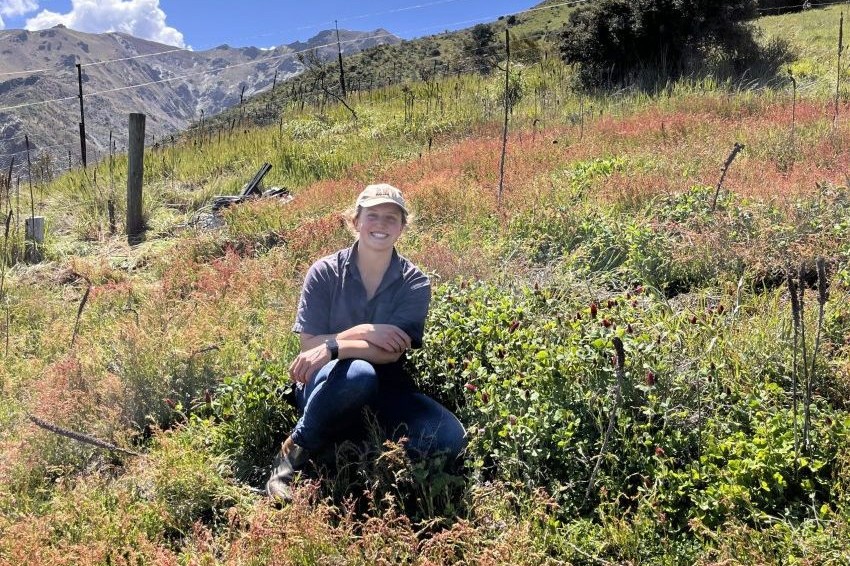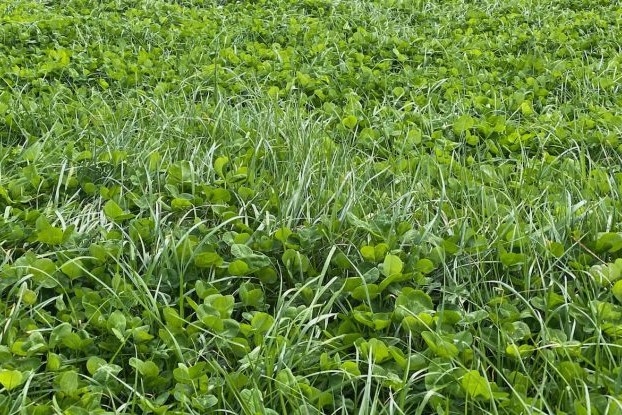Valleys of hops have sprung up around Nelson as flat, irrigated land including dairy is planted in the aromatic crop for the craft beer industry. Anne Hardie took a look.
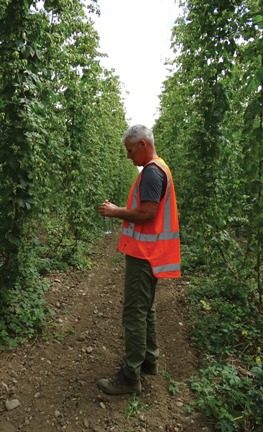
Go up just about any valley between Tapawera and Motueka and through the Moutere and you find new crops of hops supported by a forest of poles erected by large-scale investors as well as smaller family operations.
It’s a lucrative crop right now and investors have been paying $50,000 to $60,000/ha for land that has been in milk production, blackcurrants or sheep. Duke and Cooke registered valuer Dick Bennison says dairy land in the region had been between $25,000 to $35,000/ha in the past, though like most of the country there’s been a lack of sales, mainly due to the banks’ reluctance to lend. Hops has provided an opportunity for a couple of dairy farmers who were considering options as they neared retirement.
Hop Revolution is one of the new names in the hop industry. It is the managing partner for MyFarm’s hop investments around Tapawera where it’s first crop is being harvested this year from a 116ha block. Hops is an expensive business and total farm development for Tapawera Hop Garden including buying the land, planting, machinery and facilities for plucking the cones (flowers) from the vine plus drying kiln, is in the vicinity of $28 million. About 50 investors with a minimum of $100,000 each have made the development possible and now it is working on its next farm, 115ha Wairua Hop Garden which is being developed on a former dairy farm and is expected to have about 80 investors.
In a nearby valley, the ag-investor Clayton family is also new to hops and set to be one of the largest growers of the crop in the future, while near Motueka the New Zealand Super Fund has bought a large established hop garden to add to its portfolio. While these are some of the biggest investors keen to get involved in the industry, there’s also a number of smaller operations including one smaller dairy farm that has switched to hops and sheep and beef farmers who have added hops as diversification to their business.
The capital cost of establishing hop gardens has always been a barrier for new entrants, but the craft beer market is paying high prices for the right hops and Hop Revolution chief executive Jason Judkins expects the return on investment to be as high as 13-15%.
Demand for NZ hops which produces a tiny fraction of world production is driving expansion here and Judkins says international brewers haven’t been able to get enough of them.
“We believe there is significant demand for NZ hops and that we can grow that demand by putting more of those hops in brewers hands around the world.”
He says as demand grows they will match that by putting in more supply. The strong feedback from brewers at this point is that they haven’t been able to get their hands on NZ hops. There’s just been too much demand for what has been produced. With good active sales and marketing and connections with brewers, the company believes it can get them to convert to using NZ hops.
This year about 60 international brewers will visit NZ and Judkins says they are keen to see how hops are grown here on different farms and the quality of the drying technology.
“We don’t have to entice them too much – they just want to come.”
He says the brewers they are dealing with are focused on the quality of the hops they use, so they want to come and see the farm.
“They want to prove to themselves that what we are doing here will match the quality they want to produce.”
About 80t of hops is expected to be harvested from Tapawera Hop Garden this year and once production cranks up it will harvest more than twice that, while Wairua won’t be fully operational until 2022. This year’s crop was pre-sold to brewers who had never sampled hops from the farm which Judkins says is an indication of the demand for NZ hops.
“We’re looking now at contracting our future year’s harvest and had quite strong demand in the US and other countries.”
He is adamant expansion must be market led and says they won’t plant hops in the ground unless they can sell it for a good return to investors.
“We can see ahead of us there will be cycles for sure and we don’t want to get ahead of ourselves, but we believe in our strategy which is totally growing the pie for NZ.”
He says the world certainly has a lot of hops. “So we don’t want to be growing mediocre hops.”
He said NZ cost structures are high and the focus is on the premium end of the hop growing market in the world.
“That is the reputation we want to continue to build.”
TEN SITES TRIALLED
Until the recent surge in hop plantings, the cooperative, NZ Hops, was the sole marketer of hops for about 18 intergenerational growers.
Now it has competition outside the cooperative as well as more growers selling their hops through the cooperative. In the past couple of years, it has grown to 28 growers and increased the crop by about 25%. Many of the new growers joining the cooperative are just heading into their second harvest as vines are planted and mature and this year it expects to process and market about 1,250t compared with 1,000 last year. That’s partly due to the expansion of crop, plus a bumper year.
Between the cooperatives own expansion including the addition of heavyweight corporate investors into its fold, and competition on the home front, NZ Hops has had to rethink its strategy and market itself more aggressively.
A new chief now heads the cooperative with plans to overhaul what he says has a reputation of being clicky and conservative, into a business that encompasses its growing number of growers and tells its story to the brewers and customers across the globe.
Craig Orr says there is a mandate for change because for the first time the cooperative has a competitive market in the supply chain which has basically made it sit up and have a rethink about how it does business.
Generations of hop growers have been through the highs and lows of the industry and in the past decade have focused on producing premium aroma varieties for brewers, away from the commodity market. Growth was managed and there has been a wariness of oversupply, but Orr acknowledges the recent expansion is going to continue, with more significant investors wanting to invest in the New Zealand Hop Industry near Nelson and other regions. Instead of putting its head in the sand, he says the cooperative needs to embrace it.
To date, hops have only been grown in the Tasman region because it is a latitude-sensitive crop, but different parties, including the cooperative are trialling them in different regions. Hop Revolution has 10 different trial sites including Central Otago, Canterbury, Hawkes Bay, Gisborne and Matakana and Judkins acknowledges trials will take years and then it will depend on who is prepared to grow it commercially to see how it fares. Though hops can happily grow wild in a number of places, that doesn’t mean it will have the quality and yield in those regions for commercial crops, he says.
“It needs to be a high-quality premium product with great aromas which is what it is when it is grown in Tasman. It will take time – we’re talking multi-year trials and even at the end of those trials you have the commercial risk of who is prepared to put hops in the ground on a commercial basis in a different, unproven region. That always takes courage and it may be a success or may be a failure.”
He says hops can’t compete with specialty apples, gold kiwifruit or grapes for land use, but are a good alternative to dairy, sheep and beef, plus seed cropping.
“If we can bring hops into an area where it allows a farmer to put a small area of 20-30ha into hops as a diversified product mix, then it could be a great different source of income. We think there’s a lot of benefits of bringing hops into areas where they might have low land value and we can provide a land value lift.”
That may mean Hop Revolution partnering with farmers and investors to share a bit of risk to get new gardens established, though he says the company does not see itself as a land-owning entity.
For a new hop garden to work, it needs about 60ha minimum to warrant the facilities to harvest, strip the cones from the vines and kiln dry, he says. MyFarm targets larger sites because that provides good scale efficiencies to justify the large-scale centralised processing facility and the expertise it attracts.

